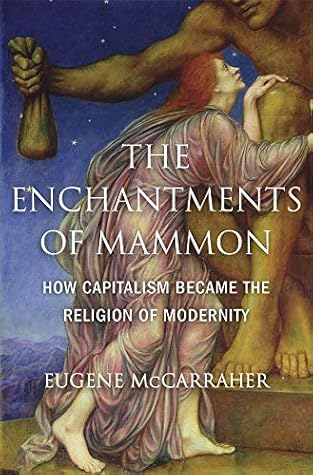In The Theory of Moral Sentiments (1759) Smith mused on the beneficent ruses of avarice. “Enchanted with the distant idea of felicity,” a poor boy “charmed with the beauty” of the luxuries abounding in the blueblood world of pleasure will work and cultivate his talents to fulfill his desire for riches—only to discover that “wealth and greatness are mere trinkets of frivolous utility.” Yet “it is well that nature imposes upon us in this manner,” Smith observed, for “it is this deception which rouses and keeps in continual motion the industry of mankind.”
Welcome back. Just a moment while we sign you in to your Goodreads account.


